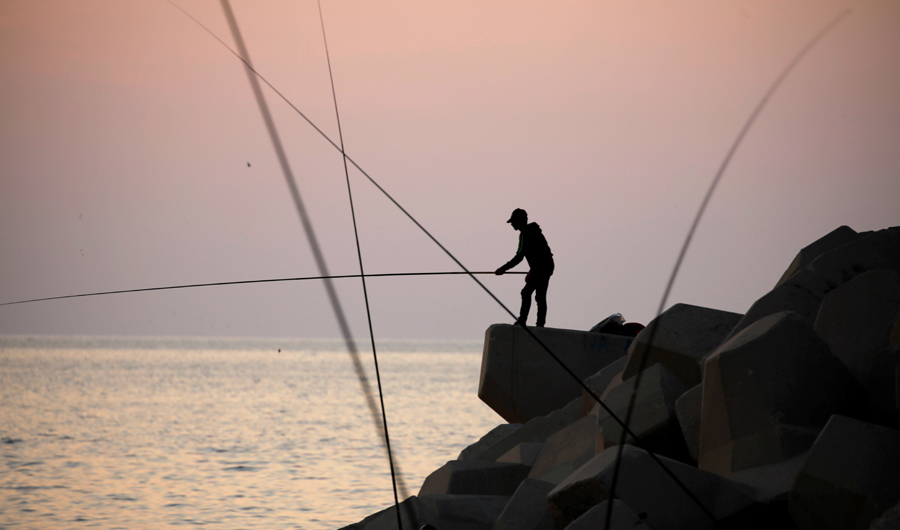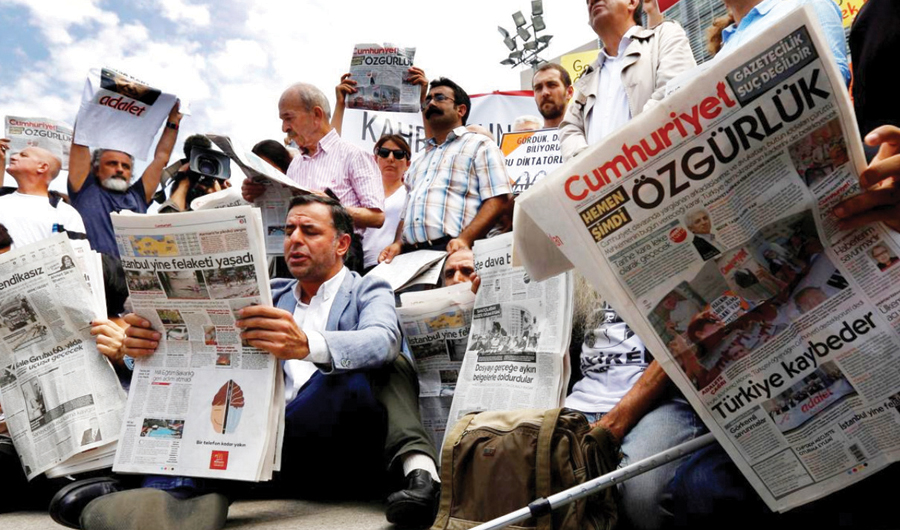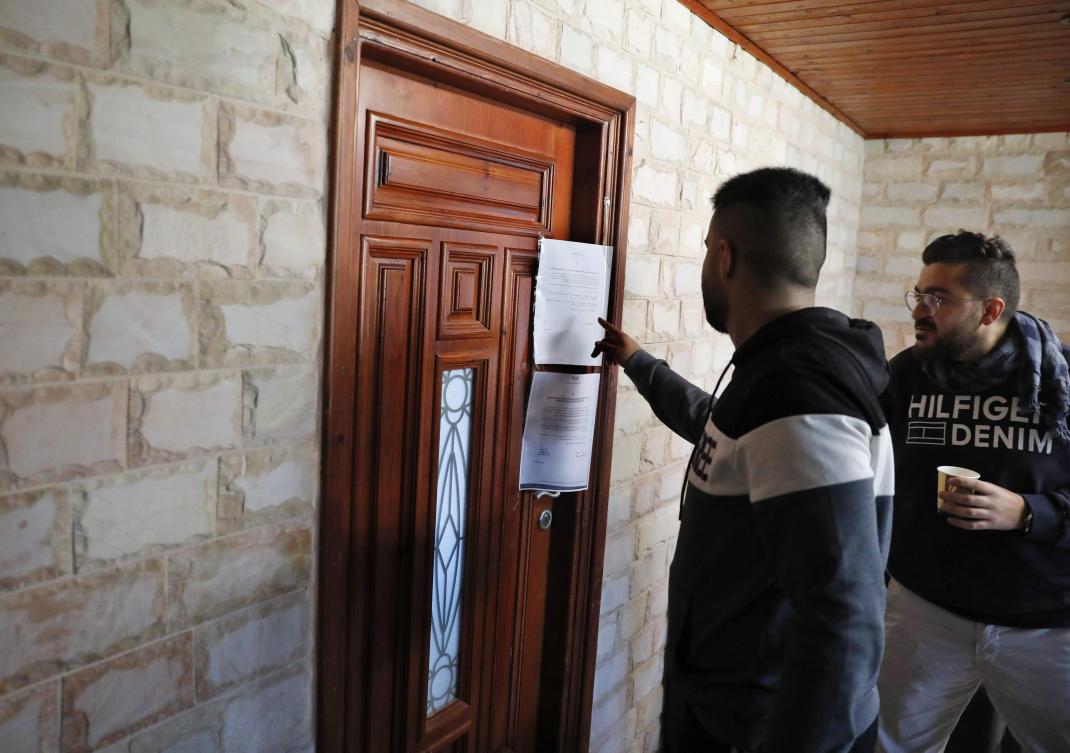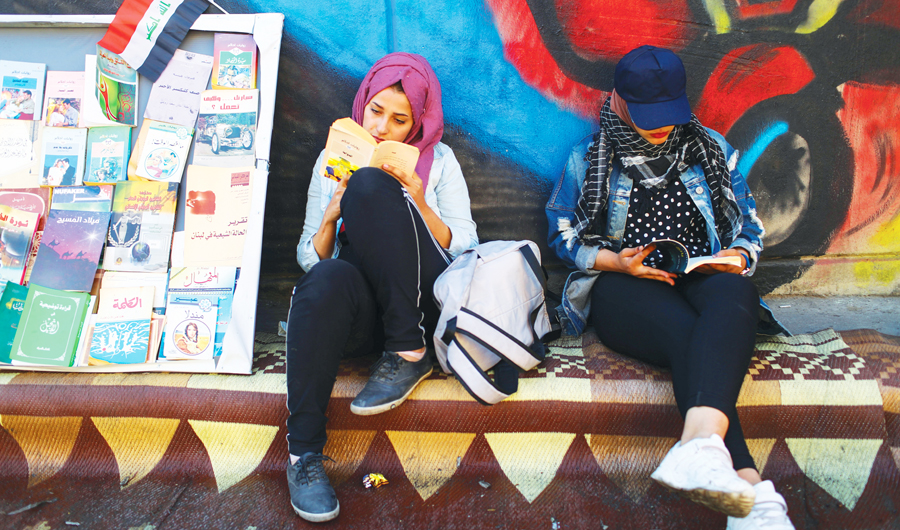Lebanon confusion: Uneasy calm descends on Beirut amid ‘fear of what is to come’
BEIRUT: More than a month after bitter demonstrations erupted across the country, Lebanese protesters, just like warriors in battle, appear desperate for a rest.
On Wednesday, 35 days after activists took to the streets to demand an end to government corruption and mismanagement, life in Beirut returned to normal.
Students went back to their schools and universities, banks opened their doors to unprecedented numbers of customers, roadworks restarted on some streets and TV channels resumed regular schedules.
However, behind the appearance of calm, many residents remain nervous and fearful.
Taxi driver Abu Omar said: “The roads are no longer blocked by protesters, but people are still in shock. They fear what is to come. There have been no solutions, which means it is not over.”
Madeleine, shopping on Hamra Street with a friend, said: “We have had enough of sitting in front of the TV all day, watching the news. People in the street were right to protest and their demands must be met. Employees were told two days ago that their salaries will be cut in half.”
Another said: “We might lose our jobs at any moment. They told us that last month the company suffered enormous losses and might not be able to continue. I do not think that the protests are the cause, but the economic stagnation that began before the protests has got worse.”
Away from the capital, protesters are still setting up roadblocks, but the Lebanese army’s decision to open major roads between towns has been unopposed.
In the north of Lebanon, roads were blocked in Akkar, while life in Tripoli returned to normal and the main protest squares were closed.
In Saida, in the south of the country, public facilities, schools and universities reopened. But protesters called for money exchange and transfer shops to be closed amid anger at the outlets’ high pricing of the US dollar while banks still have strict limits on providing customers with US currency.
According to a final review by Lebanon’s Central Bank, more than $3.2 billion was withdrawn from banks at the start of the financial crisis.
Alia Abbas, general director of economy and trade at the Lebanese Economy Ministry, said that prices of some products have risen by up to 11 percent.
President Michel Aoun, caretaker prime minister Saad Hariri and Speaker Nabih Berri have failed to reach a formula to form a new government since Oct. 29.
One activist, who declined to be named, said that he fears Aoun will name someone other than Hariri to form a government of both experts and politicians since the former PM is insisting on a technocrat government.
“Naming Hariri to form a techno-political government is a good thing, as familiar faces will be replaced with experts, but this will not be well received by the protest movement,” he said.

Lebanon protesters block MPs as street battles eruptLebanon is a sinking ship, parliament speaker warns



